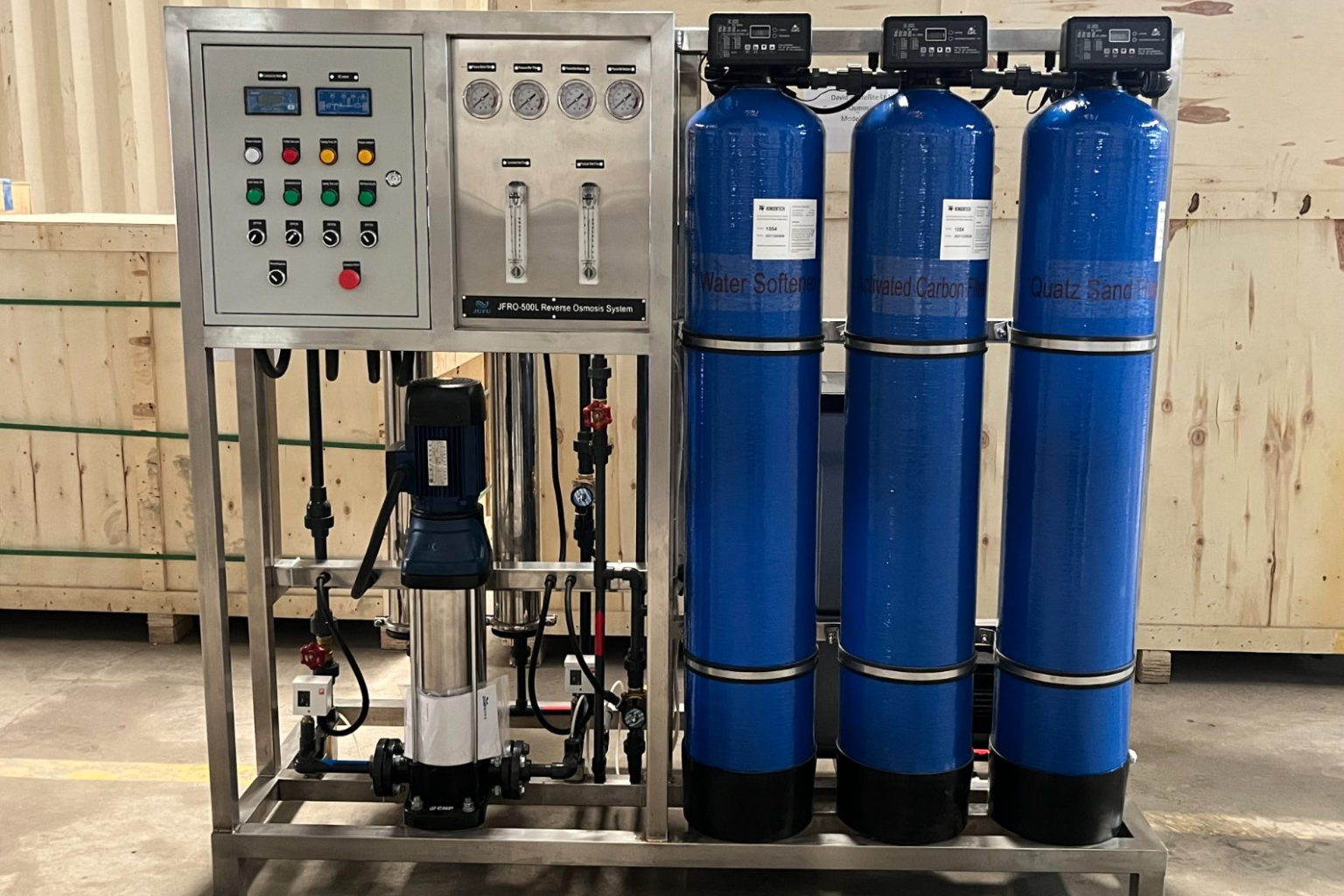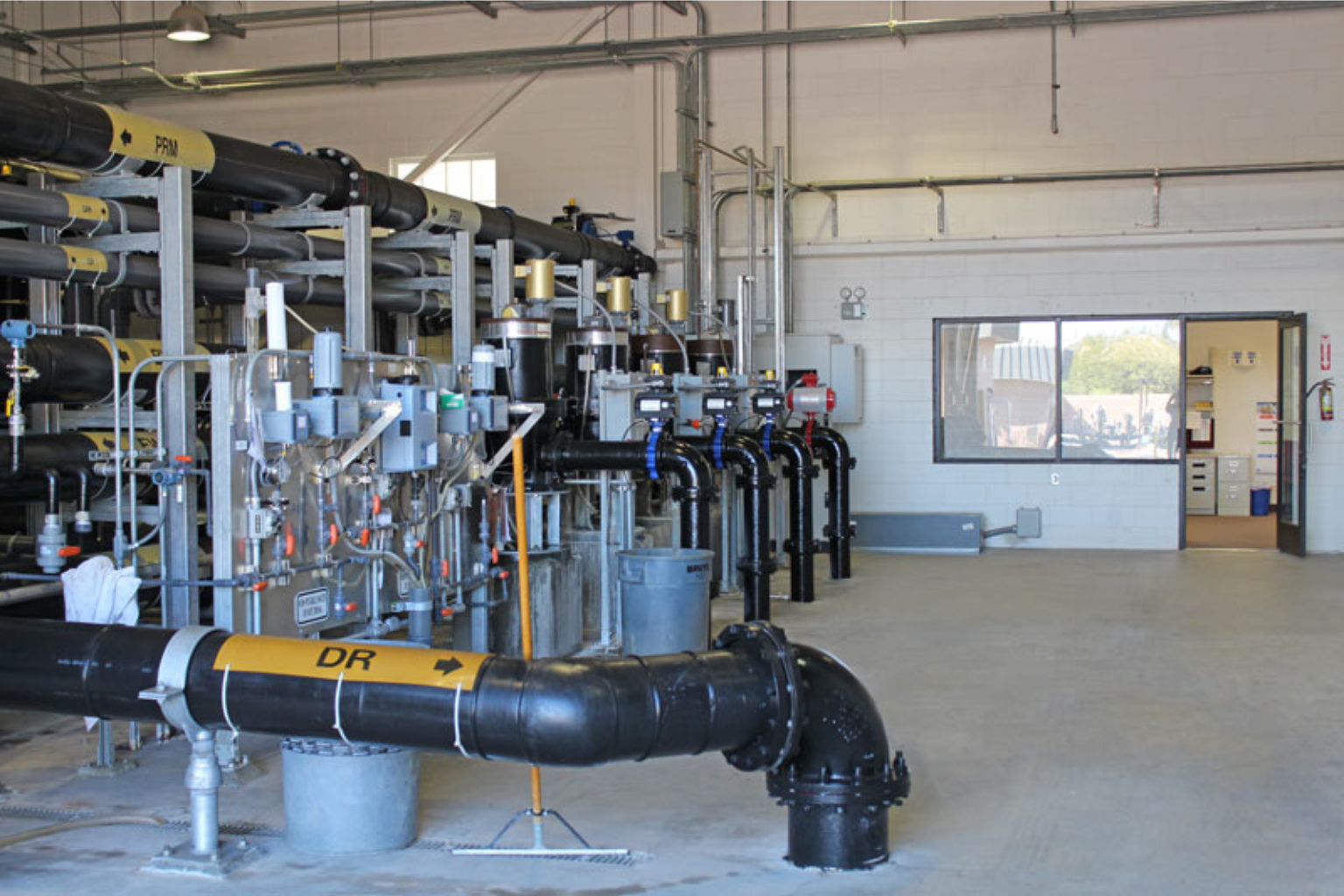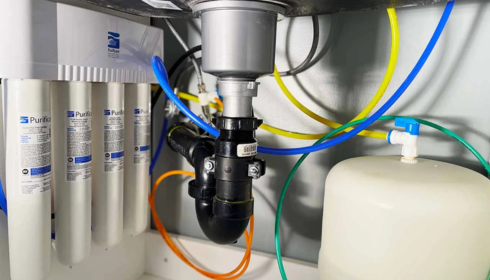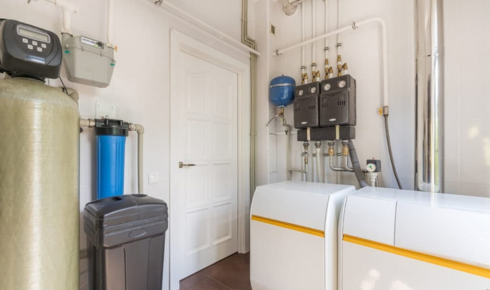If you’ve ever run a business in the UK that relies on clean, reliable water—whether it’s a brewery in Manchester, a care home in Kent, or a factory in Birmingham—you’ll know that water isn’t just “water.” It’s a resource that can either make things run smoothly or cause you endless headaches. And honestly, the difference often comes down to how well you’ve invested in the right systems, services, and support.
Now, here’s the tricky bit: most people only start thinking about water quality when something goes wrong. Scale builds up in the pipes, equipment starts breaking down, or a customer complains that the tap water tastes odd. That’s usually when panic sets in and businesses scramble for a quick fix. But the companies who do best? They’re the ones who get ahead of the problem—treating water like the vital backbone of their operations that it really is.
The Case for Reverse Osmosis: More Than Just “Filtered Water”
Let’s talk about reverse osmosis, because it’s not some futuristic idea—it’s already sitting quietly in many commercial kitchens, hospitals, and manufacturing plants. At its simplest, it forces water through a semi-permeable membrane, stripping out impurities that you can’t see but would definitely notice if they built up.
A commercial reverse osmosis system doesn’t just make water taste better—it protects machines, improves product quality, and often saves money in the long run. Imagine running a café chain where every cup of coffee tastes consistently smooth, no matter if the shop is in Glasgow or London. That consistency is only possible when the water feeding your machines is controlled and predictable.
And yes, reverse osmosis does mean you waste a bit of water during the process, but modern systems have got a lot more efficient. Many UK businesses now see them as a no-brainer investment rather than a luxury.
Why Industrial-Scale Softening Still Matters
If you’ve ever lived in the South East, you’ll know what hard water is—it clogs the kettle, leaves streaks on glasses, and quietly destroys appliances over time. Scale doesn’t just look unpleasant; it’s a nightmare for industries relying on heating systems, boilers, or any equipment where water is constantly circulating.
That’s why an industrial water softener service is so valuable. It’s not just about installing a big tank and walking away—it’s the ongoing maintenance, the salt refills, the monitoring, the little tweaks that keep the system running properly. For factories, hotels, and even healthcare settings, softeners are less of an optional extra and more of an insurance policy.
Think of it like this: do you want to pay for new boilers every couple of years, or do you want to quietly prevent the damage in the first place? Most facility managers I’ve spoken to don’t even hesitate with that one.
Chemicals: The Overlooked Backbone of Water Treatment
Here’s something a lot of businesses underestimate—the role of chemicals. It’s not glamorous, and it’s certainly not something people brag about, but without carefully balanced chemical treatments, water systems can quickly spiral into chaos.
From controlling bacteria to preventing corrosion, the right treatment plan can be the difference between smooth operations and expensive downtime. That’s why choosing a trusted commercial water treatment chemicals supplier is so important. You don’t want the cheapest option off the shelf; you want someone who understands your sector, your water supply, and the quirks of your equipment.
It’s a bit like hiring a mechanic—you wouldn’t pick one just because they’re nearby, you’d pick them because you trust them to know their craft. Chemicals might not be sexy, but they’re the quiet workhorses of the whole water treatment game.
The UK Angle: Why This Matters Here and Now
In the UK, water quality varies wildly. What works in Cornwall might not make sense in Yorkshire, and businesses in London often deal with far harder water than those up in Scotland. Add to that the increasing pressure from regulators around sustainability, and you start to see why businesses can’t just “set and forget” their water systems anymore.
There’s also the rising cost of energy to think about. Hard water means boilers and heating systems work harder, guzzling more power and pushing bills up. Poorly treated water can mean shorter equipment life cycles, which in a world of tight budgets and supply chain headaches is more of a problem than ever.
UK companies, whether they’re small independents or part of massive multinationals, need solutions that aren’t just technically sound but also cost-effective and sustainable. And that’s where forward planning makes all the difference.
Lessons from the Field
I’ve spoken with business owners who admitted they ignored water quality for years—until something big went wrong. One bakery in Bristol had to shut down for days when their ovens developed limescale issues so severe the heating elements burned out. It wasn’t the kind of downtime they could afford. After that, they invested in a proper softening and filtration setup and haven’t had a hiccup since.
On the flip side, there’s a family-owned restaurant chain in the Midlands that put reverse osmosis in place from day one. They told me it’s not just about avoiding equipment damage—it’s about flavour consistency, customer experience, and even reputation. People notice when their drinks taste “right,” even if they can’t put their finger on why.
Where Things Are Headed
Looking forward, I think we’ll see more hybrid systems—setups that combine reverse osmosis, softening, and chemical treatment, but tailored to each site’s specific needs. There’s no one-size-fits-all approach, especially not in the UK with its patchwork of water sources and regulations.
Sustainability is also pushing innovation. Expect to see more systems designed to minimise waste, recycle water where possible, and use greener chemical alternatives. Businesses aren’t just being judged on what they deliver anymore—they’re being judged on how responsibly they operate, too.
A Final Thought
Water treatment doesn’t always make headlines, but it’s woven into the backbone of so many UK industries. Ignore it, and you’ll almost certainly pay for it later. But invest wisely—in the right systems, the right services, the right suppliers—and it quietly supports your business every single day.
The best part? When it’s done right, most people won’t even notice. The water just works. The machines just run. And you, as a business owner or manager, get to focus on the bigger picture. That’s the real win.





